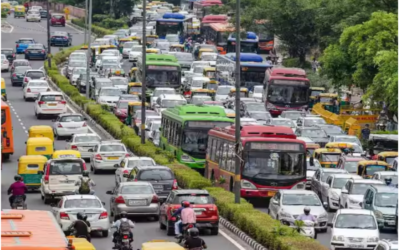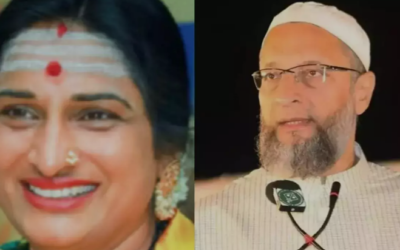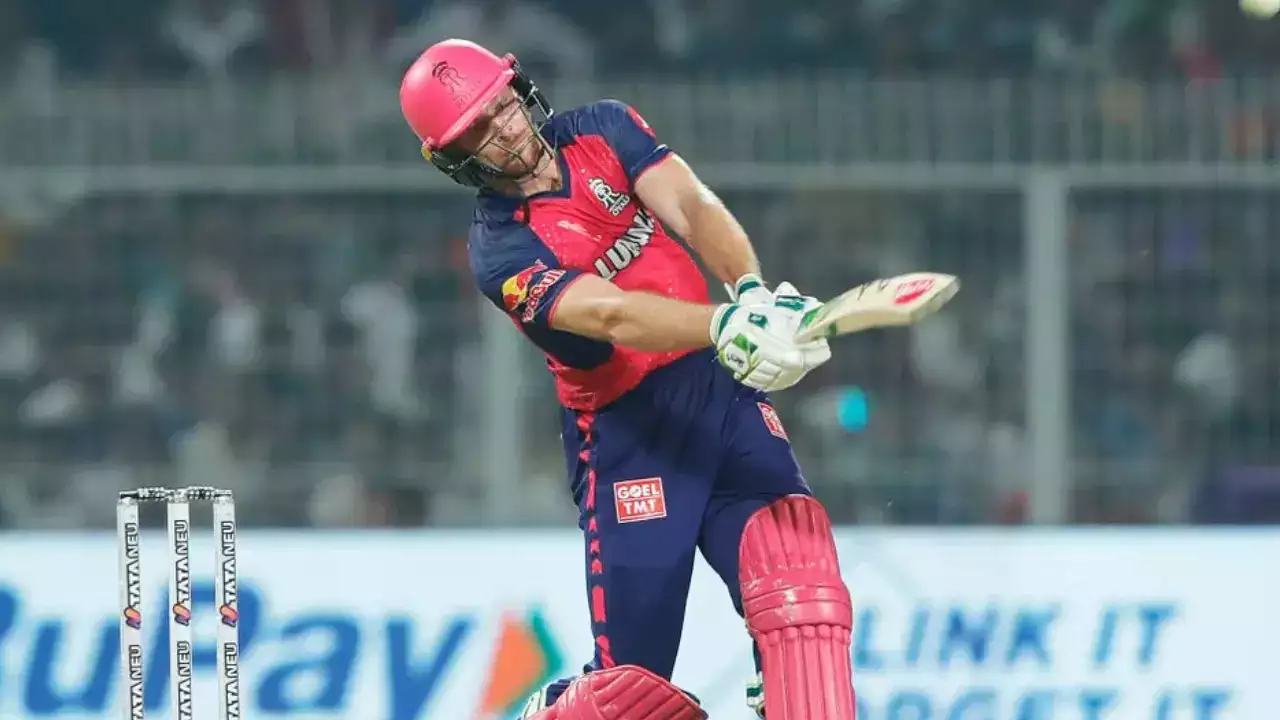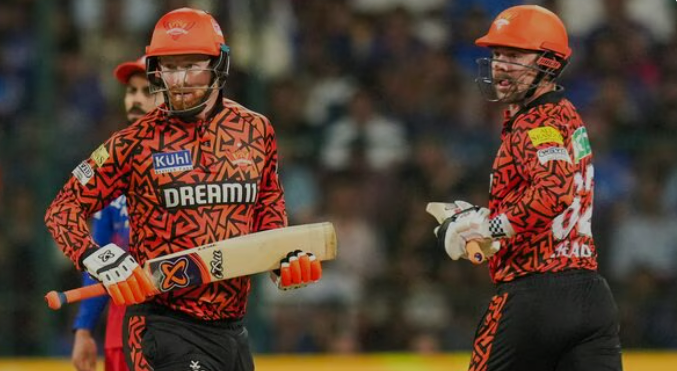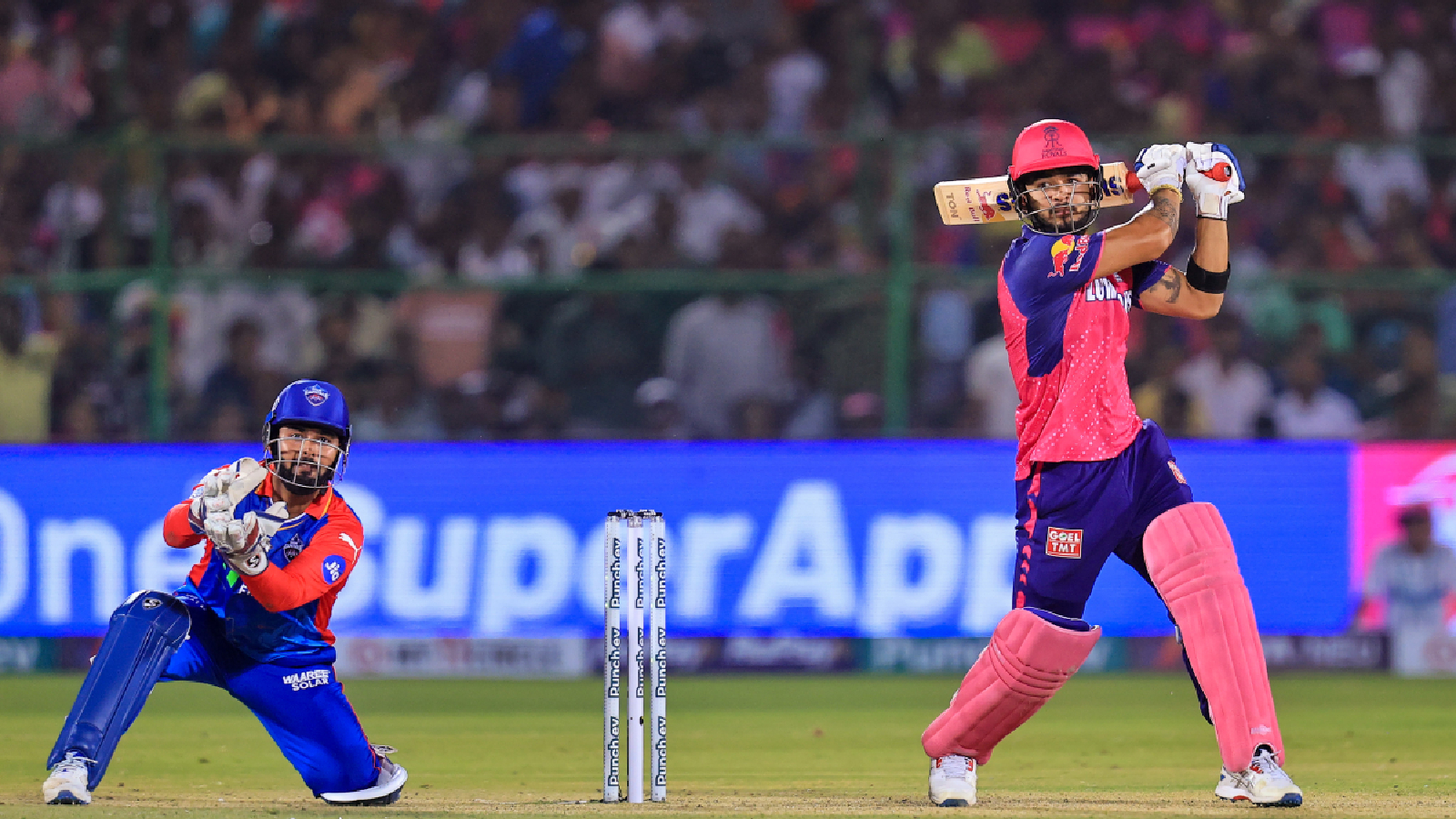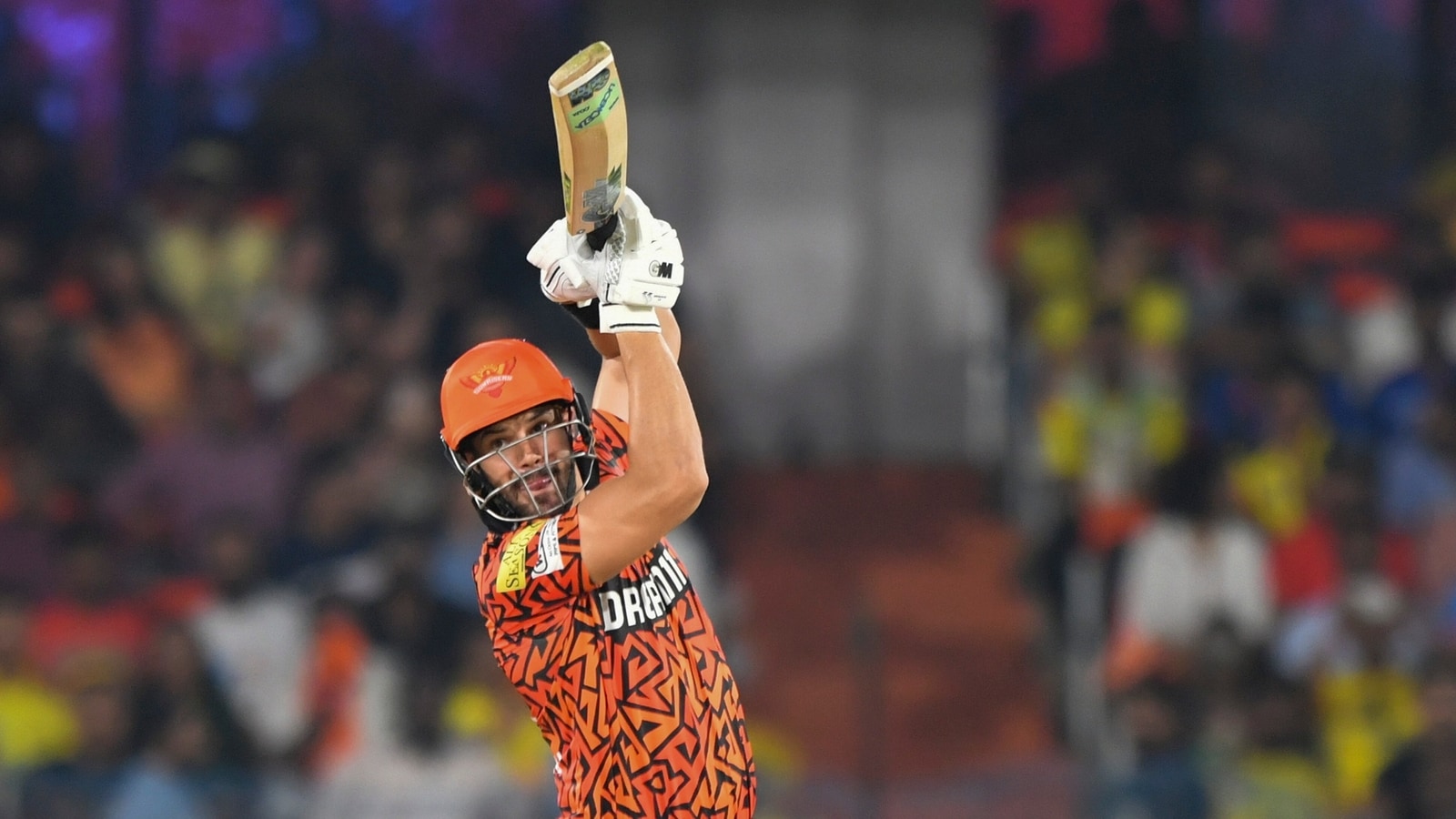Ram Baboo’s Amazing Story: From Daily Wage Worker to Medalist at the Asian Games in 2023
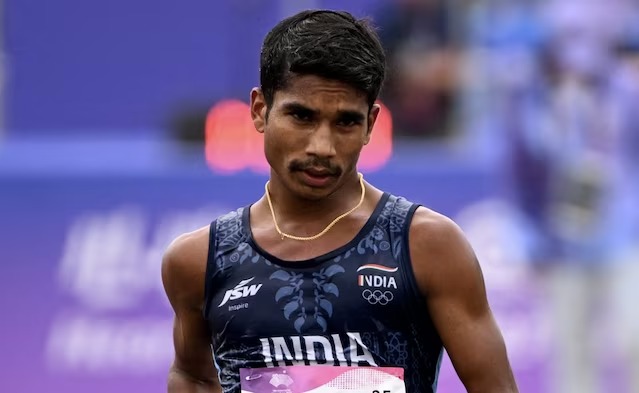
Ram Baboo, a race walker who won bronze in the Asian Games, overcame poverty to become famous, and his struggle to control his own future is an inspiring tale.
Ram Baboo, a race walker who won bronze at the Asian Games, is the son of a daily wage laborer from a remote town in Uttar Pradesh. His rise from obscurity to renown is a remarkable tale of a determined individual forging his own path. As his family was struggling during the COVID-19 lockdown, Baboo helped his father in road construction under the MGNREGA program. Together with Manju Rani, Baboo won a 35km race walk mixed team bronze medal at the Asian Games. Baboo worked as a server to pay for his athletics training. “I have done everything possible in my life so far, from working as a waiter in Varanasi to digging up pits with my father for road construction under MGNREGA scheme at our village,” the 24-year-old Baboo said in an interview with PTI.
“Determination and goal-focused attention are key. If you are committed to succeeding, you will find a method to do so. I took that action. In the Sonbhadra area of UP’s Behura Village, Baboo’s father works as a manual laborer and makes between Rs. 3000 and 3500 per month, which is insufficient to support a family of six. Baboo has three sisters but is the lone son. His mother is a stay-at-home mom who occasionally assists her husband at work.
“My father works as a laborer, and we don’t own any land. He has a seasonal job. He will have more employment during the paddy season but less money during other months. Therefore, I must take these steps in order to realize my ambition, he stated.
I decided to pursue a career in sports because I “wasn’t good at studies and wasn’t interested in them either.” Baboo was forced to take the entrance exam for the nearby Jawahar Navodaya Vidyalaya (JNV) by his mother, and he was accepted. He received admission to class VI.
Baboo struggled to understand what was being taught in class and grew disinterested in his studies as a result. After serving in the JNV for two years, something compelled him to choose his future course of action in order to reach his objective—the 2012 Olympics, where India won six medals.
“When I was in class 7, I viewed the medal-winning performances of people like Mary Kom, Saina Nehwal, Sushil Kumar, and Gagan Narang on the television in the school dorm. The following day, the stories likewise appeared on the top pages of newspapers, and I read them all.
In reality, I saved clippings from media articles and images of the medal winners from the 2012 Olympics and put them in my folder. He participated in all sports while attending the JNV, including football, and discovered that, in contrast to the other students, he did not easily tire even after extensive running. He made the decision to take up long-distance running at that point.
He began by running marathons, 10,000 meters, and 5000 meters before experiencing knee problems. Later, following the advise of local trainer Pramod Yadav, he switched to race walking, which relieves some of the strain on his knees.
Baboo might have been born to semi-illiterate parents but he used social media to his advantage.
“I created a Facebook account and joined several long-distance running and fitness-related groups to see who could support me in my endeavor.” Baboo traveled to Varanasi in 2017, when he was about 17 years old, where there is a proper athletics stadium, and it was there that he met the coach Chandrabahan Yadav.
He agreed to rent a home for Rs. 1500 per month. He received a tiny sum of money from his parents, so for one month he worked as a part-time server.
“I received Rs 3,000 per month for working as a server, but they required me to work past midnight and even till one in the morning. I had to wake up at 4 a.m. to get to the stadium for training. For me, it was quite challenging. People mistreated me and showed me no respect. I then left Varanasi and went back to my house. Baboo was successful in persuading a coach at the Bhopal SAI Centre to take him under his wing in 2019. In February 2020, just prior to the national race walk championships, he then participated in the 50km event at those competitions.
The Bhopal SAI Center was closed during the lockdown, and Baboo went home. His parents were struggling to find work to make ends meet.
“We were fortunate to get employment under the MGNREGA program, and I assisted my father in excavating pits during the building of a road. Depending on the quantity of work, one employee would receive Rs 300 to 400 per day, the man stated.
Baboo left for Bhopal once more after working for one and a half months for the MGNREGA program.
He won a silver medal in the 50-kilometer race walk event at the National Race Walk Championships in February 2021, which made it possible for him to enroll at the Army Sports Institute in Pune with the aid of trainer Basant Rana.
Baboo switched to the 35km event and won gold in the National Open Championships in September 2021. A few months later, he was invited to the national camp in Bengaluru. This was after the World Athletics decided to abolish the 50km event from its schedule.
His mother Meena Devi told PTI that her son has wanted to accomplish something since he was a young boy.
“His triumph at the Asian Games has created a joyful environment throughout the entire town and area. Rambabu, on the other hand, has faced many obstacles to get here, she noted.
“He required more training to grow in his work, but the family had a very hard time paying for an academy. In spite of all the challenges, Rambabu’s father Chhotalal made the decision to enroll him in the academy and pay for it himself by working as a laborer. Devi herself has sold khoya (milk mawa) in the adjacent Madhupur market, according to the woman, in order to fulfill her son’s dream.
My spouse works as an agricultural laborer because we don’t own any agricultural land, she continued.
His younger sister Suman is a first-year engineering student at Prayagraj, while his two older sisters Pooja and Kiran are married. The mixed team event is unpredictable because the combined timing of a country’s male and female participants is taken into consideration for medals, according to Baboo, who announced that he will switch to a 20 km race walk starting in the next season.
“You never know, my colleague (a female race walker) might not perform well on a particular day, she might be ill but still compete, or she might be disqualified while the race is still going on. None of these are in my hands.
I will switch to a 20km event starting in the next year.
